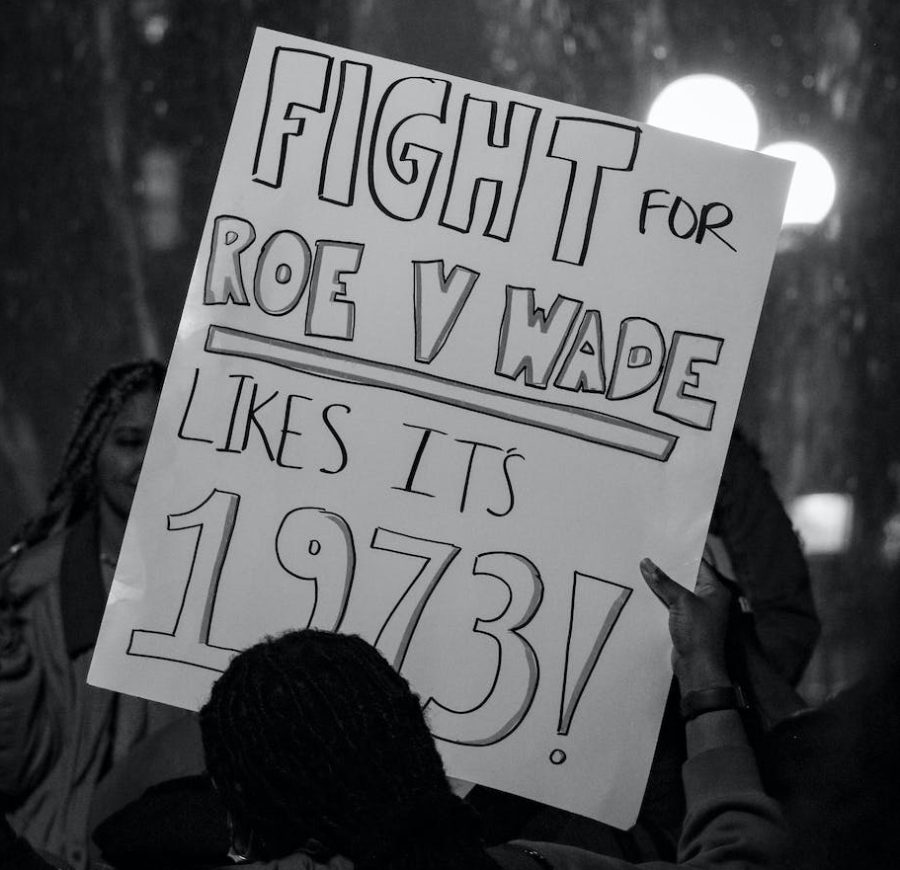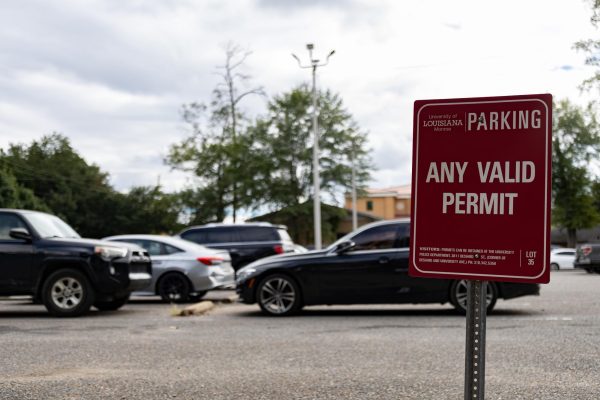Louisiana must protect women’s rights
Women’s rights are human rights. Although treating women equally seems like common sense, history shows this is often not the case. Although Louisiana is attempting to make amends after banning abortion, the state’s newest bill fails to protect women’s rights.
During this legislative session, Rep. Larry Frieman introduced House Bill 5, which allows single mothers to sue their child’s father for pregnancy-related costs. According to the proposed legislation, an eligible mother could receive payments for up to 50% of medical expenses from her pregnancy. Ultrasounds, doctor’s appointments and emergency surgeries would be partially covered under HB 5.
A study by Kaiser Family Foundation revealed that the average expecting mother spends up to $3,000 on medical expenses. For mothers without insurance, this number increases to about $20,000. HB 5 hopes to provide women the opportunity to sue for a fraction of those costs.
“It’s not fair to have women have to bear all the out-of-pocket medical expenses for pregnancy,” Frieman said in an interview with the Associated Press. “And in Louisiana, there is no mechanism in the law that allows her to recover.”
Yet the new bill comes at a price—thousands of dollars in legal fees.
While HB 5 lets mothers sue for their pregnancy-related medical bills, the bill does not cover legal expenses such as lawyer fees or transportation to court. On average, lawsuits cost an everyday person about $10,000, according to California Business Journal.
If you do the math, the bill does not help women needing financial support. It only increases their financial burden. For a bill geared at helping mothers in financial need, it does the exact opposite.
Now you aren’t preparing for just a baby but thousands of dollars in medical expenses and legal fees.
While I agree women deserve compensation for pregnancy expenses, House Bill 5 ignores the struggles of low-income mothers. Single mothers will have to choose between paying court fees or feeding their children. It is obvious what their decision will be.
House Bill 5 comes a year after Louisiana banned abortion throughout the state. One would have to be blind not to see the correlation between the two. Since Louisiana took away women’s reproductive rights, the state feels the need to provide its residents with some financial relief.
Sarah Miller, a professor of economics at Middlebury College, studied the financial impact that abortion bans have on women.
“Our results suggest that being financially resilient, being economically self-sufficient, is going to be a lot harder if you can’t control the timing of when you have children,” Miller said in her report.
Louisiana lawmakers hope the small amount of money won in these lawsuits will be enough compensation for a lifetime of childcare costs and insurance payments. Instead of allowing women to choose motherhood, legislators made that decision for them.
Louisiana’s abortion ban stems from the Supreme Court’s monumental decision to overturn Roe v. Wade. The case declared the right to abortion as protected under the Constitution. The judges of the 1973 court case believed U.S. citizens had an implied right to privacy, which included the right to a safe, legal abortion. Over 40 years later, the Dobbs decision granted each state control over women’s abortion rights.
The overturning of Roe v. Wade resulted in states such as Louisiana revoking abortion rights and focusing on other methods of aiding expecting mothers. Legislators created House Bill 5 as an ineffective solution to Louisiana’s pregnancy problem.
Other Republican states such as Utah and Wisconsin recently passed laws like HB 5 to decrease the number of abortions in the state. Rep. Brady Brammer, who sponsored the Utah law, agreed that the law supported the state’s pro-life narrative.
The fight for fairness in pregnancy costs is not limited to state governments. Last year, Rep. Mike Johnson created a federal bill mandating child support for pregnancy-related expenses. The Unborn Child Support Act received little support in Congress, but this lack of support did not stop states from instituting similar laws.
On the surface, HB 5 advocates for women’s rights throughout Louisiana. However, the bill does little to diminish the costs of pregnancy. HB 5 fails to fix an issue that runs much deeper than expensive doctor’s appointments.
Rep. Frieman should alter House Bill 5, so women in financial need can take advantage of the bill. Provide free legal representation for women who cannot afford thousands in legal fees. Help mothers find transportation and childcare so that they can appear in court. Work on using state funds to increase financial resources for single mothers.
Abortion may not be legal in Louisiana, but the state can still prioritize the rights of expecting mothers. If the state hopes to be truly pro-life, then it needs to provide financial resources to mothers from the moment of conception.




